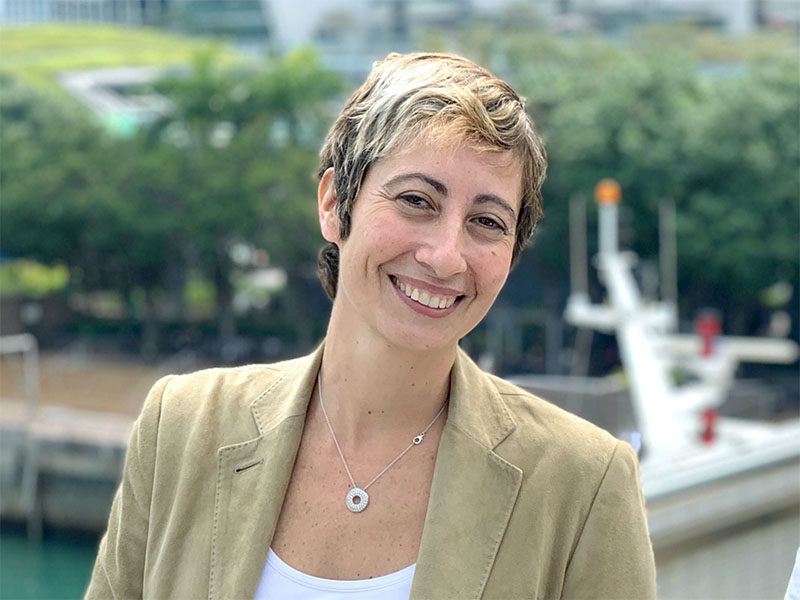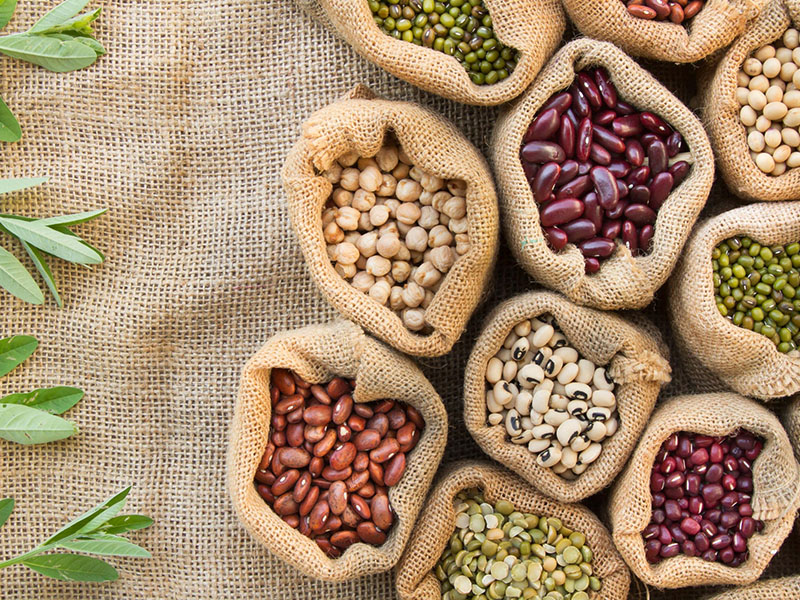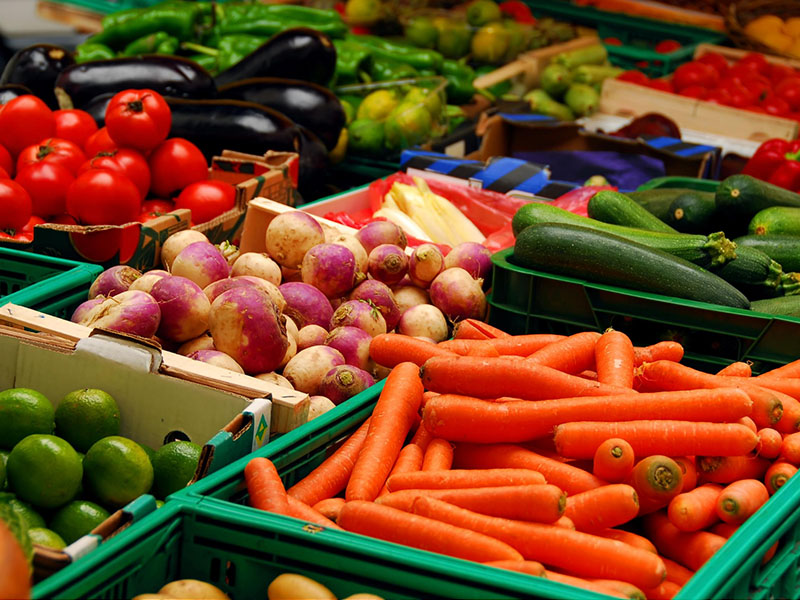In our Menopause Focus, we look at some of the signs, symptoms and coping mechanisms for women during menopause. Here, we chat with French expat DR EMILIE BERTHET CLAIRET of Holistic Nutrition HK about menopause and diet and how nutrition is important for menopausal women.
Common symptoms of menopause
During menopause, there is a decline of the sexual hormone oestrogen. This decline can bring about weight gain, sleeping disorders, hot flushes and other uncomfortable symptoms. It can also trigger various changes in the metabolism, including a decrease of bone density, which can lead to osteoporosis.
Often practitioners will suggest hormone replacement therapy to relieve common symptoms of menopause. A balanced and healthy diet is essential to support this treatment and can also by itself decrease some of the symptoms.
How the right diet can help
For example, foods rich in calcium and phosphorus like dairy and leafy greens vegetables can help minimise the loss of bone density. During menopause we also become more susceptible to gain weight; a fibre-rich diet will help reduce this weight gain. So, it’s a great idea to incorporate whole grains, nuts and seeds into our diet.

Fresh fruit and vegetables should also feature prominently, considering all the benefits they have, especially for menopausal women. Eating “in the rainbow” – five fruits and vegetables of different colours a day – not only helps with good fibre intake but also provides various phytonutrients that can decrease the risk of cancer, cardiovascular diseases and other conditions. One such phytonutrient is phytoestrogen, which mimics the effect of oestrogen in the body and can decrease the symptoms of menopause. You can find it in soybeans, chickpeas, peanuts, flax seeds, barley, grapes, berries, plums, and green and black tea.”
About Emilie and Holistic Nutrition
Emilie was originally a medical doctor in France; she stopped working after moving to Hong Kong 12 years ago so she could raise her children (all three were born here). “I went through some personal challenges as a mother that made me realise how food and lifestyle can have a big impact on our health,” she says. This led to her qualifying first as a fitness instructor, and then studying sport and nutrition at Hong Kong University; she now works as a holistic nutritionist at the Vitality Center in Central.
“In 2018, I was diagnosed with breast cancer,” says Emilie. “I turned to complementary medicine to help me deal with the treatment and its side effects; and I studied holistic nutrition.” Since the holistic approach really helped, she decided to dedicate her practice to it.
“My approach considers not only diet but all environmental, psychological and emotional factors, too. It’s about looking at the individual as a whole, to help them make real, healthy changes for the long term, whether it’s for weight loss or gain, digestive issues, disease prevention, dealing with medical treatment or more. Food can be a wonderful ally to help you feel better!”
Emilie’s favourites…
• Favourite thing about Hong Kong: “I love everything about Hong Kong and I’m grateful every day to live in such a beautiful place; just wandering around is a real pleasure for me.”
• Favourite hobby: “I’m a qualified Zumba instructor and very involved in the Zumba community. Every year, I organise a major Zumba charity event for an organisation called Angels for Children. The money raised allows us to fund two programmes for children in a Po Leung Kuk orphanage.”
• Favourite foods: “Kale, pomegranate and quinoa!”
In light of COVID-19, Emilie is currently offering online consultations to allow people to stay safe and respect social distancing. Call 2537 1118 or visit holisticnutritionhk.com to find out more and make a booking.
Subscribe to Expat Living magazine now so you never miss an issue.








